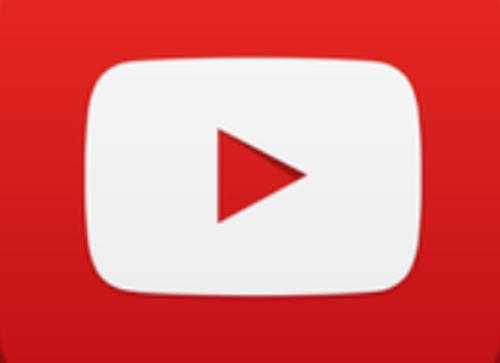
Internet service providers in Europe have submitted comments to the EU institutions calling for a compromise on proposed changes to the EU copyright directive, according Telecompaper. They want news publishers to be able to opt out of the proposed compensation regime for online aggregators, as well as changes to limit the liability of online content-sharing platforms. The comments come ahead of the next trilogue between the European Commission, Parliament and Council on the legislation on 27 November.
The comments come from a range of industry groups, including EuroISPA, which groups ISPs across Europe, the online platforms association EDiMA, and the Computer & Communications Industry Association, which includes major internet companies such as Google and Facebook as well as telcos like BT and T-Mobile. National groups such as Germany's Eco, Finland's FiCom and Infobalt also signed the comments.
The European Parliament and the Council of EU states have both approved the reform of the copyright directive to bring it into the internet ago, and the institutions are now in talks on a final text for the legislation. The reform proposal has proven controversial for two clauses: Article 11, which would make online aggregators liable for copyright and related payments when they reproduce parts of media articles, and Article 13, which would make online content-sharing platforms liable for copyright infringement by material uploaded to their sites.
No more Google News?
The industry lobby groups appear to have accepted that both these articles will remain in the final legislation and have called for adjustments to reduce their impact on the industry. For article 11, they want media publishers to choose whether or not they allow the indexing of their content online without remuneration, as some may benefit more from the aggregators expanding their audience. For those who do opt into the new regime, the copyright and compensation should only apply for longer pieces, and not 'snippets' or hyperlinks, the industry groups argue.
The comments include a veiled threat that some news aggregators may cease operations if the changes go ahead with the so-called 'link tax'. This was the case when Spain passed similar legislation, and Google stopped offering its news service there.
Richard Gingras, the search engine’s vice-president of news, said earlier to The Guardian that while “it’s not desirable to shut down services” the company was deeply concerned about the current EU proposals. “We would not like to see that happen in Europe,” he said. “Right now what we want to do is work with stakeholders.”
Reduced liabilitym, scope
On article 13, the industry groups want the new copyright liability for online platforms to be more limited in scope, applying only to "active platforms which give access to phonograms, broadcasts, films or musical works". Providers of electronic communication services, including internet access service providers, and platforms that provide application, infrastructure or platform capabilities would be excluded, as they "have no general control of and access to the copyrighted content made available by those online content sharing providers".
Furthermore, the final text should provide service providers with the possibility to mitigate their liability. By showing specific 'good faith' efforts to prevent or reduce the uploading of infringing materials, they should be exempted from any liability regarding copyrighted content, the industry groups said. "Without mitigation measures, open online services cannot operate in Europe – the risk of liability will be too great," they noted.





